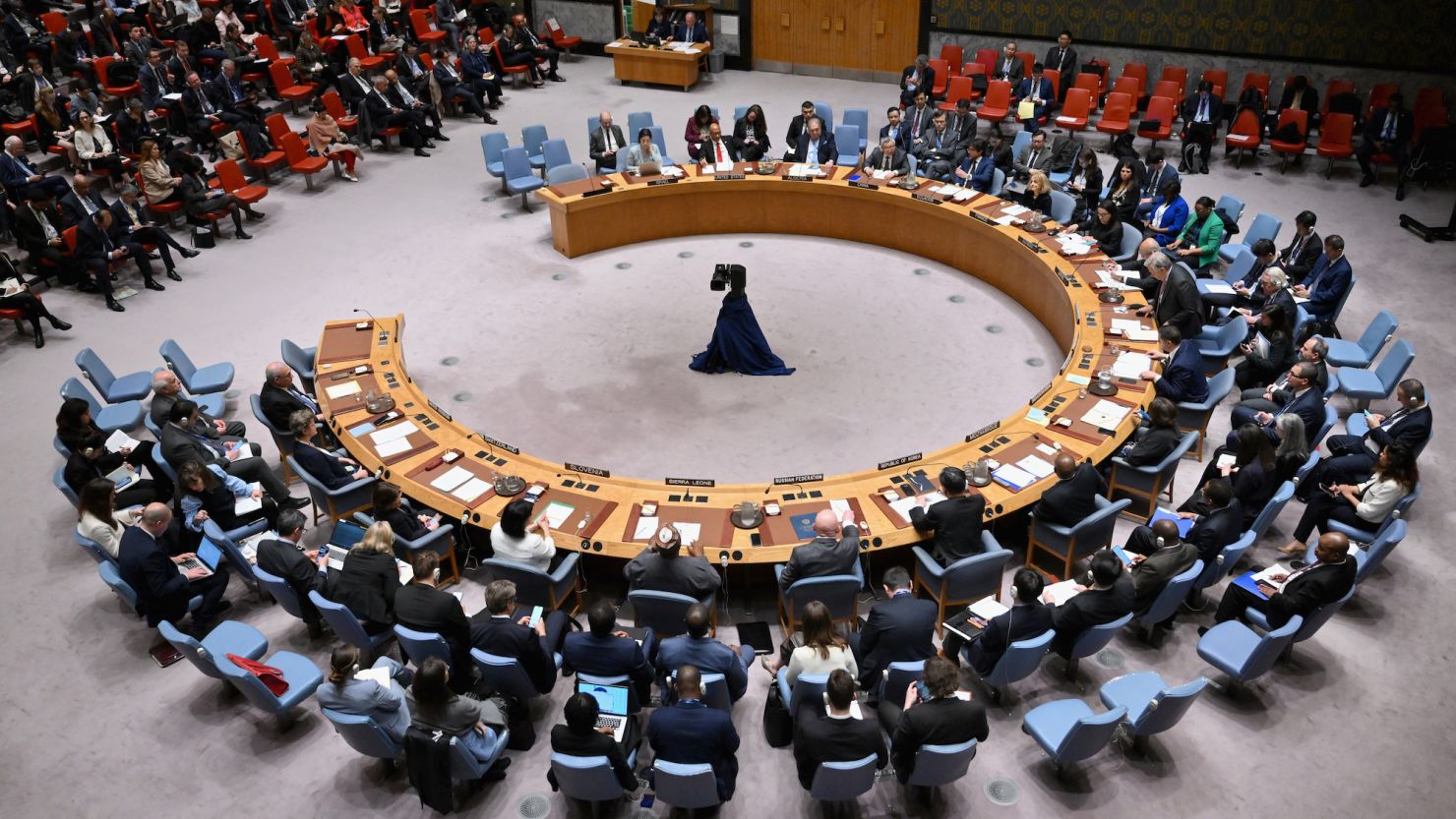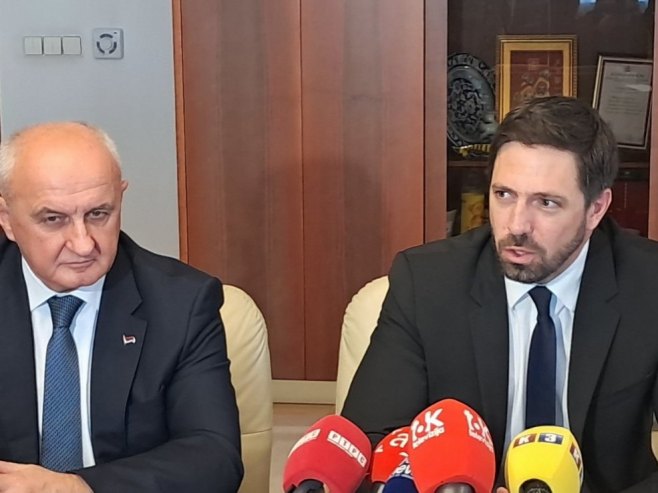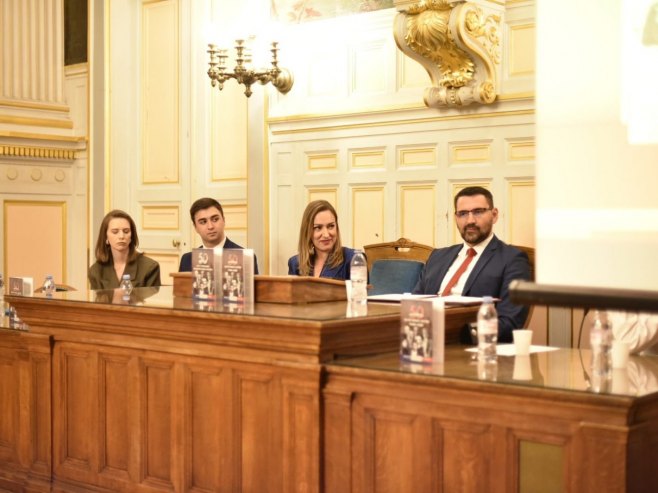The resolution on Srebrenica was a key topic of discussion between Republika Srpska President Milorad Dodik and Serbia President Aleksandar Vučić during their meeting in Belgrade. They also discussed the reaction of the entire Serb nation to the adoption of this document in the United Nations General Assembly. It was emphasized that Republika Srpska and Serbia will fight for the truth and dignity of the Serb people on May 23 and will reject the resolution regardless of the voting outcome.
With six days remaining until the UN General Assembly session and the vote on the resolution on Srebrenica, officials from Republika Srpska and Serbia are in constant communication due to the anti-Serb nature of the resolution. According to President Dodik, age-old enemies seek to impose collective, degrading responsibility on Serbs. However, he believes that the combined votes of those against and those abstaining will exceed those in favor of the resolution.
“This resolution is something we will reject. We have no intention of complying with this act, which sets a precedent in the political life of the UN. I am pleased with our friends who will not support or will abstain from this resolution despite enormous pressure from Western European countries and the USA,” Dodik said.
President Vučić emphasized that Republika Srpska and Serbia will stand united on May 23 to defend the truth, pride, and dignity of the Serb people. “This is a very difficult issue for us because it shows the attitude of certain regional actors towards us, as well as some world powers. All I can say is that we have fought hard, invested enormous energy, and dedicated all my time as President to strongly and firmly opposing them,” Vučić stated.
There is no doubt that Hungary will oppose the resolution as well. Hungarian Foreign Minister Péter Szijjártó reiterated his position to Serbia Foreign Minister Marko Đurić today, just as he had told President Dodik two days ago.
“We have decided how we will vote on the resolution on Srebrenica, which demonizes the entire Serbian people. Hungary will vote against this document,” Szijjártó said.
Due to Hungary’s stance, Minister of Foreign Affairs in the Council of Ministers Elmedin Konaković informed European Commissioner for Enlargement Oliver Várhelyi that his ministry would cease training diplomats with the Hungarian Ministry of Foreign Affairs. Furthermore, in an open letter, Konaković criticized Várhelyi for siding with Serbia against the resolution on Srebrenica.
“This resolution is fundamentally aimed at building justice and lasting peace needed in the region. I am concerned when Várhelyi’s public statements insinuate collective guilt of an entire nation, paraphrasing the words of Aleksandar Vučić,” Konaković wrote.
This is not the stance of Bosnia and Herzegovina but that of a frustrated individual who continuously abuses his position, warned the Serb member of the Presidency of Bosnia and Herzegovina, Željka Cvijanović. She stressed that the Ministry of Foreign Affairs is not Konaković’s private domain for him to autonomously decide what he wants or does not want.
“Instead of building relations as Minister of Foreign Affairs, he persistently undermines ties with friendly countries. Konaković assumes the right to lecture anyone who does not share his views, both inside and outside Bosnia and Herzegovina. This is not politics or diplomacy. It is not befitting of a chief diplomat, but it is typical of someone who continuously bothers us with his nervous reactions,” Cvijanović said.
Minister of Security in the Council of Ministers Nenad Nešić expressed confidence in the unity of the Serbian people and the leadership of Republika Srpska and Serbia during these challenging times.
“We will emerge stronger from this. We are not a genocidal people; we are a free people, and neither Republika Srpska nor Serbia will disappear. I believe that one day the borders separating Srpska and Serbia will no longer exist,” Nešić emphasized.
The Bosniak people and some hostile governments and countries towards Republika Srpska believe that the resolution on Srebrenica, although procedural and non-binding, can be used for political purposes in the future, highlighted Republika Srpska Prime Minister Radovan Višković. He added that the adoption of the resolution in this manner might mark the beginning of the end for the United Nations as we know it.
Source: RTRS









